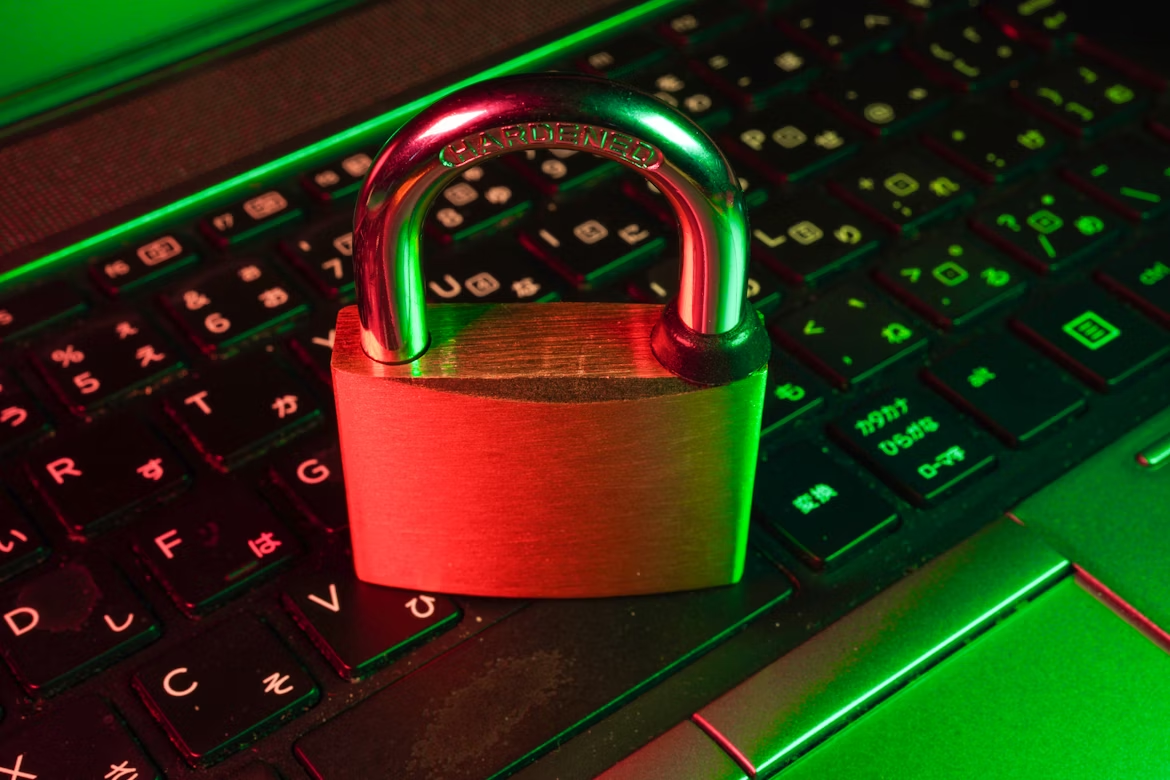Cyber Hygiene Made Simple: Keep Your Business Safe from Online Threats
November 11, 2025 • César Daniel Barreto

Just as you need to practice good personal hygiene to keep infections and illnesses away, it is vital to follow the best cyber hygiene practices to defend your business against malware, phishing, and other cyberattacks, and maintain the well-being of your data.
Digital threats have evolved so much that, in today’s world, they are very sophisticated and harder to detect, as the very tools that help business leaders improve operations – like automation and AI – are being used by hackers to cause damage. The data shows that global cybercrime could reach $27 trillion by 2027, with costs including data breaches, stolen funds, reputational harm, and lost productivity. It’s a massive threat to organizations, and it shows that maintaining strong cyber hygiene isn’t optional; rather, it’s a business survival skill.
It’s not just about keeping your infrastructure protected; your clients and users also depend on you to keep their information safe. Since most security breaches happen due to bad actors exploiting vulnerabilities that are often overlooked, it becomes paramount to assess the current hygiene approach in your organization and let the insights you gain dictate your routine cyber hygiene procedure to ensure proper security and maintenance moving forward. Below, we outline the best cyber hygiene practices to ensure your organization stays ahead of the ever-evolving cyber threats, so continue reading!
Have a comprehensive cyber hygiene policy in place
Firstly, you need to develop a detailed cyber hygiene policy, which essentially represents a set of practices that ensure regular safety checks, upgrades, and maintenance. It’s vital to document and share this policy at a central location so that all relevant users can access it with ease and ensure it includes all necessary details on timeframes and network assets for routine hygiene practices, including system updates, password changes, etc.
The policy should also include ongoing user education, and that’s because humans are (sadly) most of the time the weakest link in cybersecurity. So, in order to shore up protection, give instructions on how to secure devices, whether laptops or smartphones, how to identify and report phishing attacks, and how to create robust passwords. Once you have outlined the policy, you must enforce it religiously and make sure it becomes a habit for everyone involved.
Keep Your Logins Secure
Many businesses today still use 123456 as their password, which puts them at high risk. Such passwords can be guessed immediately, so it’s paramount to ensure that your passwords are robust, unique, and contain at least 12 characters, including numbers, capital and lowercase letters, and symbols.
On top of that, you should change them regularly (once per month or once per quarter). Surely this can be a struggle for many companies, but you can use an enterprise password manager to generate hard-to-guess passwords and store them in a digital vault protected by robust encryption.
Note, however, that you cannot rely solely on passwords, no matter how strong they are. You should also leverage multifactor authentication, which adds extra security by requiring an additional step, such as answering a personal question (e.g., your mother’s maiden name), using a specific token or device, or providing a biometric signal (e.g., your fingerprint). This can help create a stronger barrier so that hackers have a harder time getting access to your data.
Don’t Ignore Backups
Accidents happen all the time: a device breaks, a file gets compromised, deleted, or lost, or a ransomware attack locks you out of your account. While you cannot control if something goes wrong, having a safety net in place will make a huge difference. To put it simply, you should always back up your data and files, just to be sure that you will still be able to access it even if a breach were to happen.
Ideally, you should store the data offline to ensure it’s air-gapped and inaccessible from the Internet. While the frequency of data backups can vary depending on the amount and type of information a business handles, a general recommendation is to do backups every day.
However, if your company handles essential (and frequently changing) data, it’s good practice to perform these backups more frequently – potentially several times a day. In some cases, businesses choose to use real-time backup, which essentially backs up your information whenever it changes; however, the frequency ultimately depends on the needs and operations of each business.
Keep Systems and Software Up to Date
If you have the habit of putting off software updates, know that this can leave major gaps in your cybersecurity, making your business a prime target for hackers. Those updates that you aren’t paying much attention to include patches that are meant to combat the latest cyber threats, so you should get into the habit of checking for updates on a regular basis. Many software providers release these patches on a set schedule, so check for them weekly, or at least monthly.
It may feel harmless to click Remind Me Later when you have a lot on your plate and security is the last thing on your mind, but it isn’t. These updates can actually prevent massive security headaches later on – and they literally take a few minutes. Just keep in mind to always get your software updates from the source (such as official app stores like Google Play or the software developer’s official website) and never use unlicensed or pirated software.
The Bottom Line
In today’s fast-paced digital landscape, cyber hygiene is a core part of running a resilient business that users will trust and remain loyal to for a long time. By building strong habits around data backups, password management, software updates, and employee awareness, you aren’t just protecting your own systems but also preserving your reputation in a competitive landscape and maintaining trust among customers. Cybercriminals will continue to evolve their tactics, but proactive and consistent measures will help you stay one step ahead of them. Think of it as maintaining your business’s digital immune system: a little effort each day will go a long way toward preventing serious damage later.

César Daniel Barreto
César Daniel Barreto is an esteemed cybersecurity writer and expert, known for his in-depth knowledge and ability to simplify complex cyber security topics. With extensive experience in network security and data protection, he regularly contributes insightful articles and analysis on the latest cybersecurity trends, educating both professionals and the public.